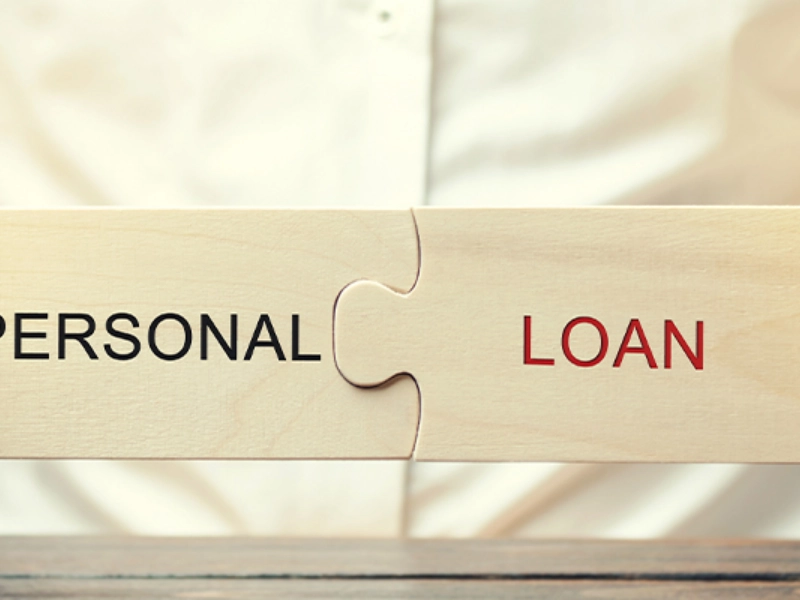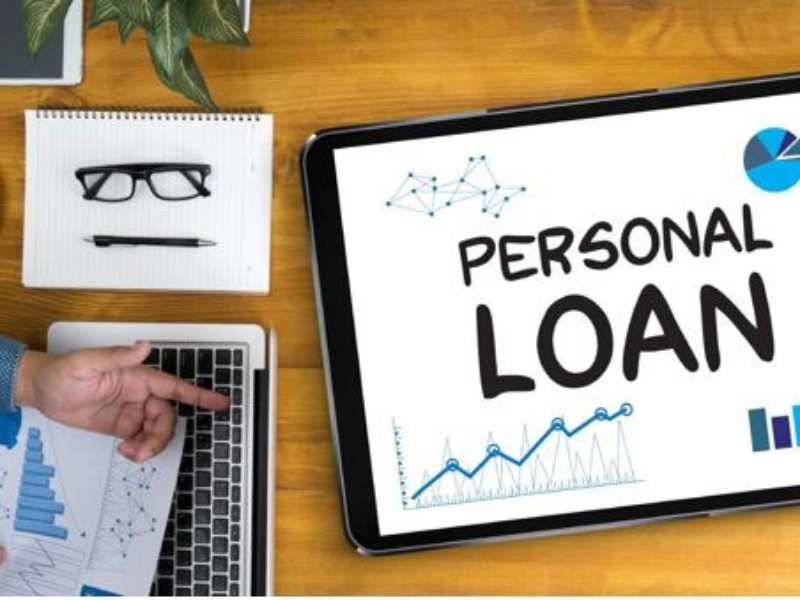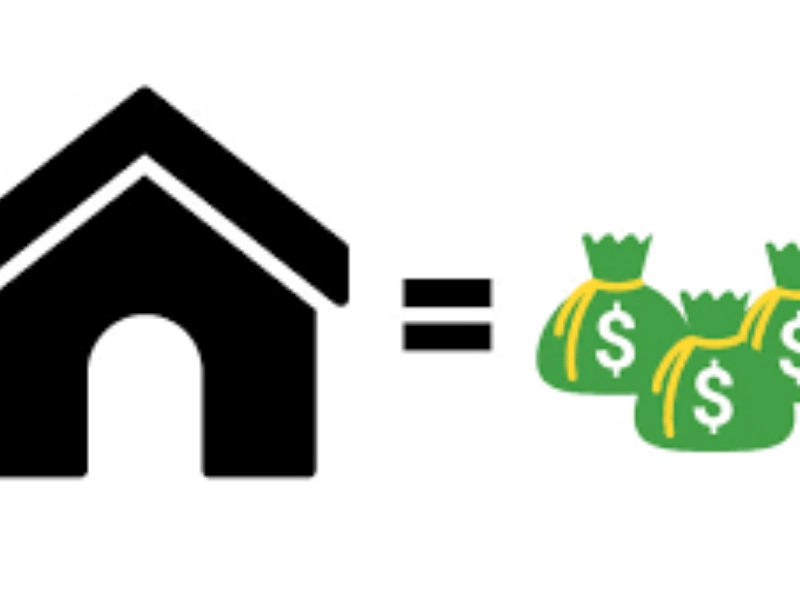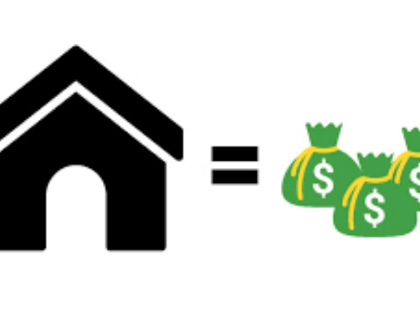Payday Loans and Credit Scores: Unspoken Consequences
Payday loans may appear to be a simple way out of a financial bind. However, they often keep debtors mired in a debt cycle. Additionally, it may lower your credit score if you miss one. Before giving a payday loan, payday lenders usually don't examine credit reports or credit ratings. However, the lender may sell your debt to a collection agency if you are unable to make payments.
1. The rate of interest is high.
 Although payday loans have the potential to become a debt trap, they may appear like a sensible way to cover unexpected costs. While some experts contend that payday loans are an essential tool for specific individuals, others advise looking for other options. Credit cards, family, friends, or even a financial aid program could be some of these alternatives.
The majority of borrowers who take out payday loans actually end up paying more in interest than they borrowed. This is due to the fact that the lender frequently levies exorbitant upfront costs along with interest rates that are far higher than those of a credit card.
Thankfully, a number of states have lately changed their legal frameworks to allow for the replacement of single-payment payday loans with smaller, more reasonable installment loans from banks and nonbank lenders. Customers may be able to save millions of dollars with these new loans. They also have longer repayment terms and cheaper interest rates, which can help avoid defaults, which can seriously harm borrowers' credit ratings.
Although payday loans have the potential to become a debt trap, they may appear like a sensible way to cover unexpected costs. While some experts contend that payday loans are an essential tool for specific individuals, others advise looking for other options. Credit cards, family, friends, or even a financial aid program could be some of these alternatives.
The majority of borrowers who take out payday loans actually end up paying more in interest than they borrowed. This is due to the fact that the lender frequently levies exorbitant upfront costs along with interest rates that are far higher than those of a credit card.
Thankfully, a number of states have lately changed their legal frameworks to allow for the replacement of single-payment payday loans with smaller, more reasonable installment loans from banks and nonbank lenders. Customers may be able to save millions of dollars with these new loans. They also have longer repayment terms and cheaper interest rates, which can help avoid defaults, which can seriously harm borrowers' credit ratings.
2. Credit cannot be built.
 Payday loans don't help you establish credit, which is problematic if you want to borrow money in the future for large purchases like a vehicle or home. Thankfully, personal installment loans are more affordable than payday loans and can assist you in establishing credit while ensuring timely payments.
Usually, the borrower receives a lump-sum payment for these loans when they receive their next salary. They are typically used for financial emergencies because of this, but they have the potential to spiral into debt and incur costs that exceed the initial loan balance. Payback history from personal installment lenders is reported to credit bureaus, in contrast to payday loans, and timely payback might improve your credit score.
Payday loans don't help you establish credit, which is problematic if you want to borrow money in the future for large purchases like a vehicle or home. Thankfully, personal installment loans are more affordable than payday loans and can assist you in establishing credit while ensuring timely payments.
Usually, the borrower receives a lump-sum payment for these loans when they receive their next salary. They are typically used for financial emergencies because of this, but they have the potential to spiral into debt and incur costs that exceed the initial loan balance. Payback history from personal installment lenders is reported to credit bureaus, in contrast to payday loans, and timely payback might improve your credit score.
3. It Is Not Possible to Roll Over
 The normal repayment schedule for payday loans is the following paycheck; however, many borrowers choose to roll over their debt, which can result in significant financing costs. This might result in a vicious cycle of debt where you have to take out new loans to pay off the interest on old ones, which raises your expenses all around and pushes you toward further debt.
Usually, you have to send a postdated check or give the lender permission to debit your account in order to acquire a payday loan. This can put you in immediate financial danger if it bounces and allows the lender direct access to the funds in your checking account.
Look for a better solution if you find yourself in need of short-term financing. You can try asking your friends and family for a loan, or your local credit union might provide small loans at reasonable interest rates. If you must take a payday loan, be sure it's for an urgent necessity and that you have the means to pay back the entire amount on schedule.
The normal repayment schedule for payday loans is the following paycheck; however, many borrowers choose to roll over their debt, which can result in significant financing costs. This might result in a vicious cycle of debt where you have to take out new loans to pay off the interest on old ones, which raises your expenses all around and pushes you toward further debt.
Usually, you have to send a postdated check or give the lender permission to debit your account in order to acquire a payday loan. This can put you in immediate financial danger if it bounces and allows the lender direct access to the funds in your checking account.
Look for a better solution if you find yourself in need of short-term financing. You can try asking your friends and family for a loan, or your local credit union might provide small loans at reasonable interest rates. If you must take a payday loan, be sure it's for an urgent necessity and that you have the means to pay back the entire amount on schedule.
4.You are not eligible for a new loan.
 Payday loans put borrowers in a vicious cycle of debt, even though they provide quick money. In addition to the fact that many lenders notify credit bureaus of late payments, unpaid loans may result in wage garnishment, collection calls, and even legal action.
Payday lending is prohibited in certain places, while it is restricted in others by minimum loan terms, interest rate caps, and requirements for lenders to disclose all costs and obligations to borrowers. Furthermore, a few nonprofit credit counseling groups and community organizations provide free or inexpensive financial support.
Take into account alternatives to payday loans, such as personal loans provided by credit unions or online lenders, to avoid falling victim to a cruel debt trap. Other options for obtaining funds include transferring credit card balances, opening an emergency savings account, and borrowing from relatives. To help you decide what to do next, it's also a good idea to consult a credit counselor or bankruptcy lawyer.
Payday loans put borrowers in a vicious cycle of debt, even though they provide quick money. In addition to the fact that many lenders notify credit bureaus of late payments, unpaid loans may result in wage garnishment, collection calls, and even legal action.
Payday lending is prohibited in certain places, while it is restricted in others by minimum loan terms, interest rate caps, and requirements for lenders to disclose all costs and obligations to borrowers. Furthermore, a few nonprofit credit counseling groups and community organizations provide free or inexpensive financial support.
Take into account alternatives to payday loans, such as personal loans provided by credit unions or online lenders, to avoid falling victim to a cruel debt trap. Other options for obtaining funds include transferring credit card balances, opening an emergency savings account, and borrowing from relatives. To help you decide what to do next, it's also a good idea to consult a credit counselor or bankruptcy lawyer.











